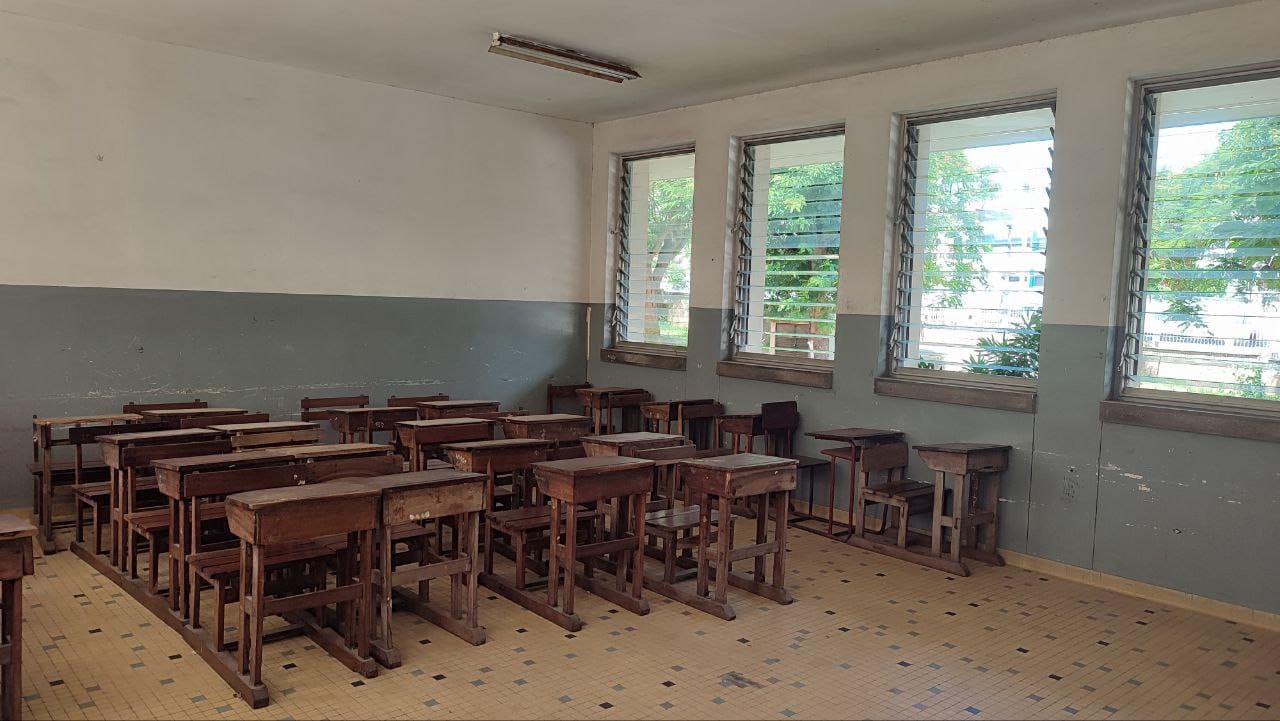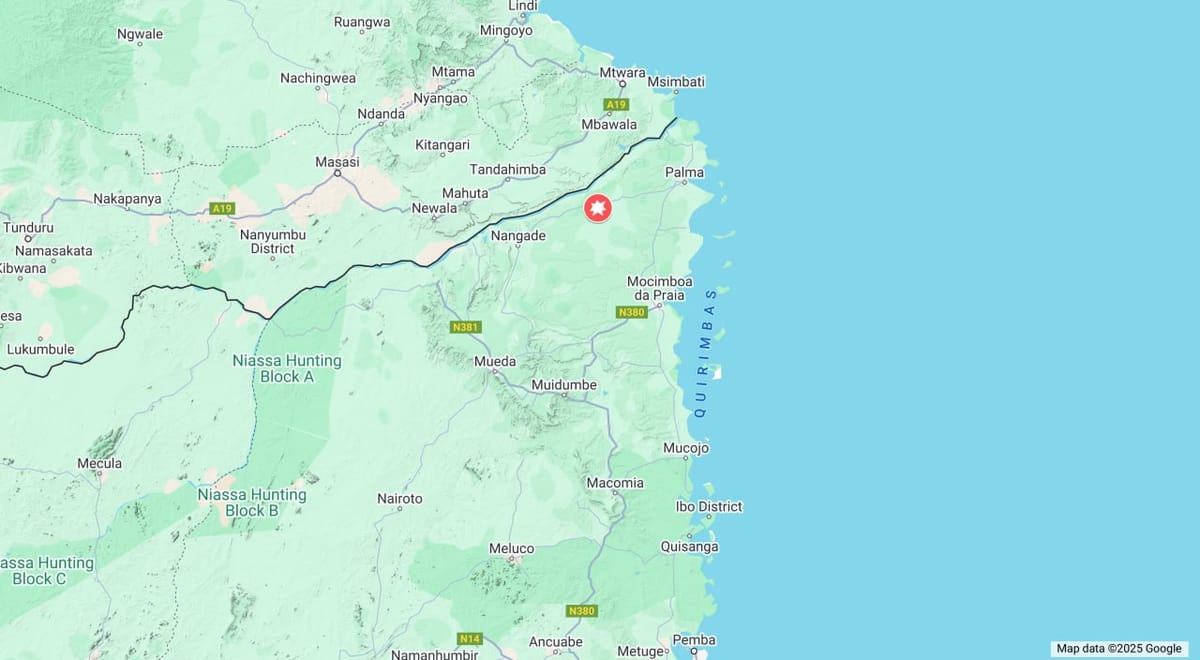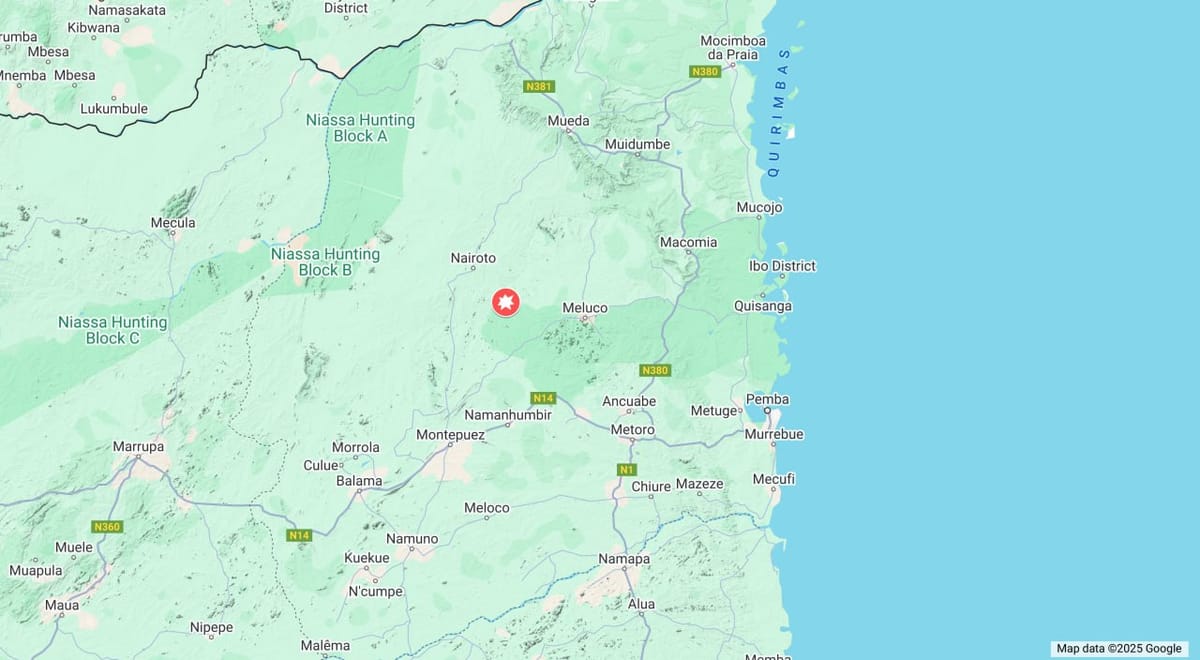Good afternoon. Parents across Mozambique will no doubt be breathing a sigh of relief next week as their children finally go back to school next week, on Tuesday 4 February. Students were supposed to return earlier this month, but the protests sparked by the disputed election results in October shut down transport across the country, meaning that exam papers printed in Maputo could not be delivered in time for exams in November. That delayed some exams until January, which in turn pushed back the start of the school term. In addition, ongoing protests meant that students could not travel to and from school.
A delay to schooling is only one of the many problems which is dragging down the quality of the education received by Mozambican children. They do not have enough textbooks: for reasons that remain unclear, only about 4m school textbooks were delivered to schools ahead of the start of the school year last year, instead of the 22m promised, something that President Daniel Chapo criticised during his election campaign. The textbooks are printed abroad, but that ought not to be an insuperable problem. New textbooks are produced every year, a curious arrangement and one that adds cost to an already deeply underfunded sector.
There is also a shortage of teachers, as a government spokesman admitted yesterday (see below): the country needs another 12,000 teachers. The shortage is not because there are not enough teachers available; there are unemployed teachers who cannot find work. It is because the government has not found the money to pay for more teachers. The teachers it has are thus forced to work overtime, although there is not enough funding available to pay for that either. When exams finally went ahead earlier this month, there was a shortage of teachers around to invigilate them, as they had gone on strike demanding payment of the usual bonus monthly wage for public sector workers, which the government yesterday agreed to pay half of. School staff and Frelimo activists had to fill in.
Finally, even if there were enough teachers and they were not going on strike, there would not be enough school buildings for them all to teach in. Cyclones Chido and Dikeledi have damaged 129 schools in the past year, especially in the north (which also has received particularly few textbooks). Many classrooms have been destroyed.
President Chapo has made ambitious promises to raise investment in schooling, including making textbooks available in digital format, but even providing basics like paper textbooks and enough teachers for every community is more than his government can manage currently.
The latest from Zitamar News:
Today’s headlines:
- Mozambique short of 12,000 schoolteachers (Mediafax)
- Insurgents suspected of murdering man in Macomia (Lusa)
- Mondlane says Chapo has still not contacted him (Lusa)
- Mozambique remains on “grey list” due to terrorism financing concerns (Carta de Moçambique)
- Bank of Mozambique predicts no growth this quarter (Lusa)
- Central bank measures not enough for economic growth, says CTA (Lusa, Mediafax)
- Repairs to Mozambique-Eswatini road postponed (Rádio Moçambique)
Mozambique short of 12,000 schoolteachers (Mediafax)
The country needs roughly 12,000 more schoolteachers, meaning that teachers have to work overtime, the government has admitted. Council of Ministers spokesman Inocêncio Impissa said yesterday that the teachers recruited to teach this year would not be enough to meet the needs of primary and secondary education. About 1m new primary and secondary pupils are expected to enter schools this school year. Impissa said that the conditions were in place for teaching to begin in 2025, despite schools being damaged by Cyclones Chido and Dikeledi. According to the National Institute for Disaster Risk Management and Reduction, 129 schools had been damaged by the cyclones as at 18 January.
Insurgents suspected of murdering man in Macomia (Lusa)
The body of an elderly man was found by farmers in the village of Nkoe, in Cabo Delgado province’s Macomia district. The body, which showed signs of violence, was found on the banks of the Messalo river. Locals believe that this is the result of a new incursion by insurgent groups, who were seen in the area last week. The local population has decided to build huts in blocks, rather than living scattered as at present, to try to control any threats.
Although it would not be strange to see insurgents in Macomia, when they have been spotted in the district recently, it should not be assumed that they were responsible. Observers monitoring the war still suspect that the security forces are killing suspected insurgents that they capture, since there are never any announcements about arrests or trials of suspects. Civilians have also been said to sometimes summarily execute other civilians accused of crimes.










